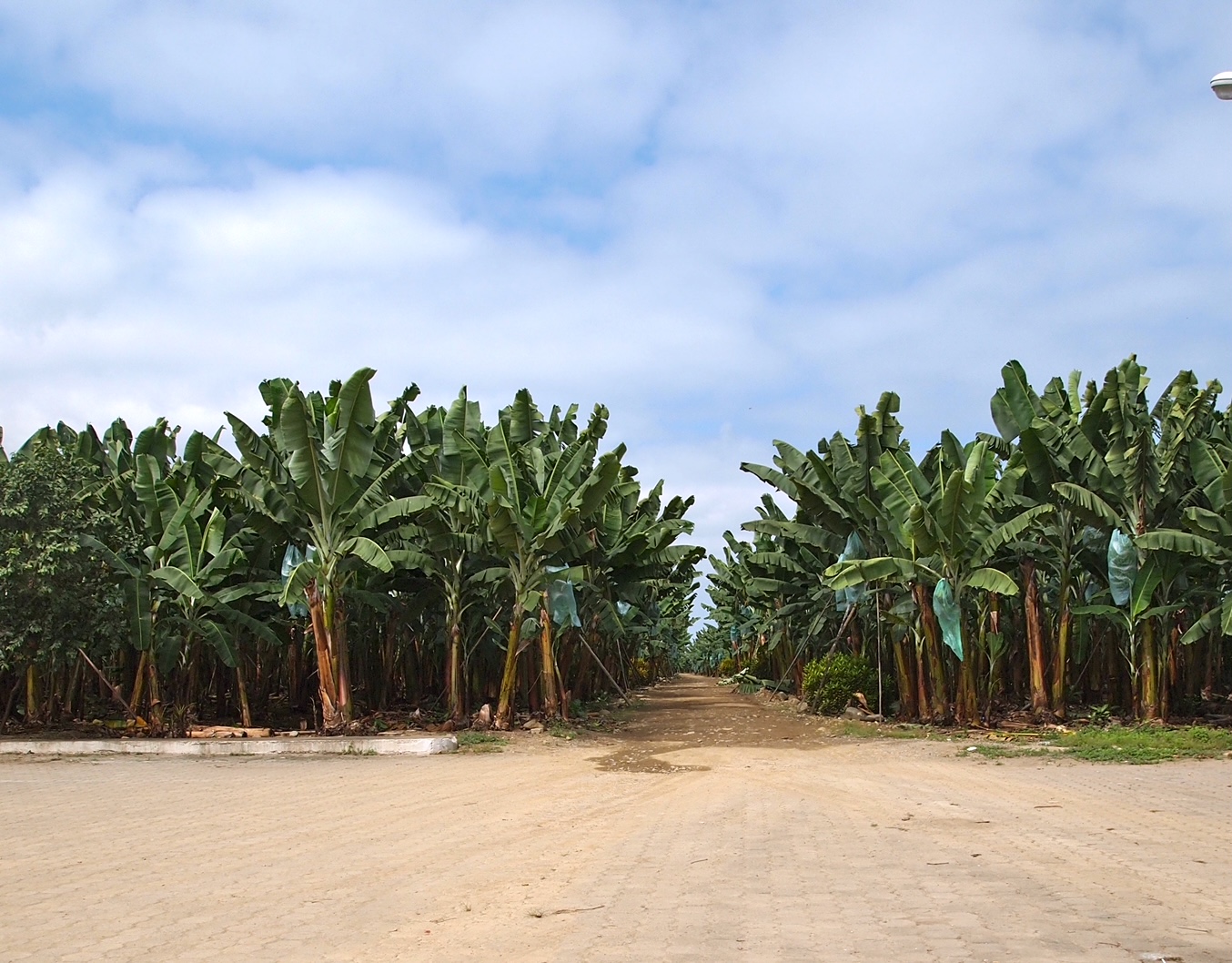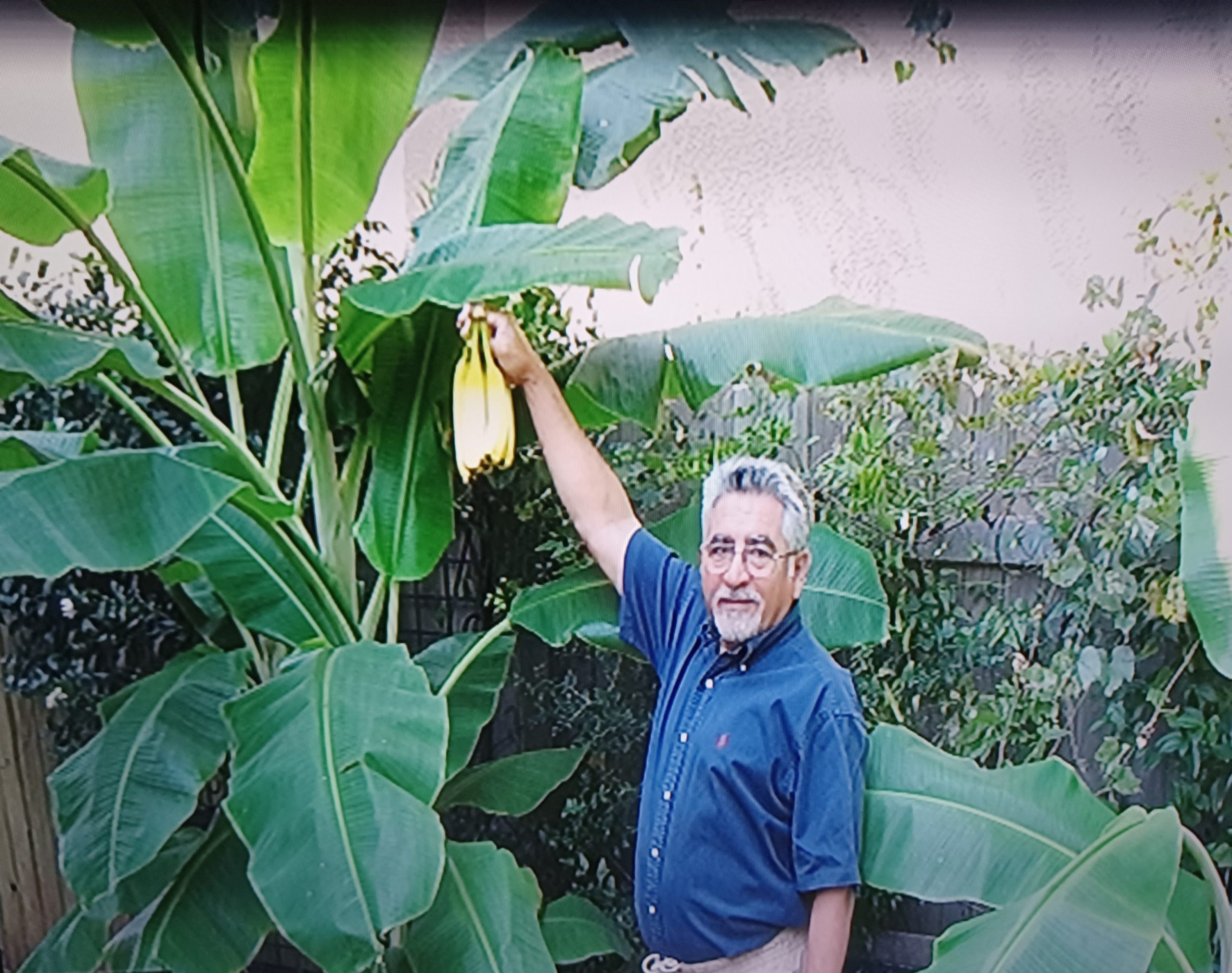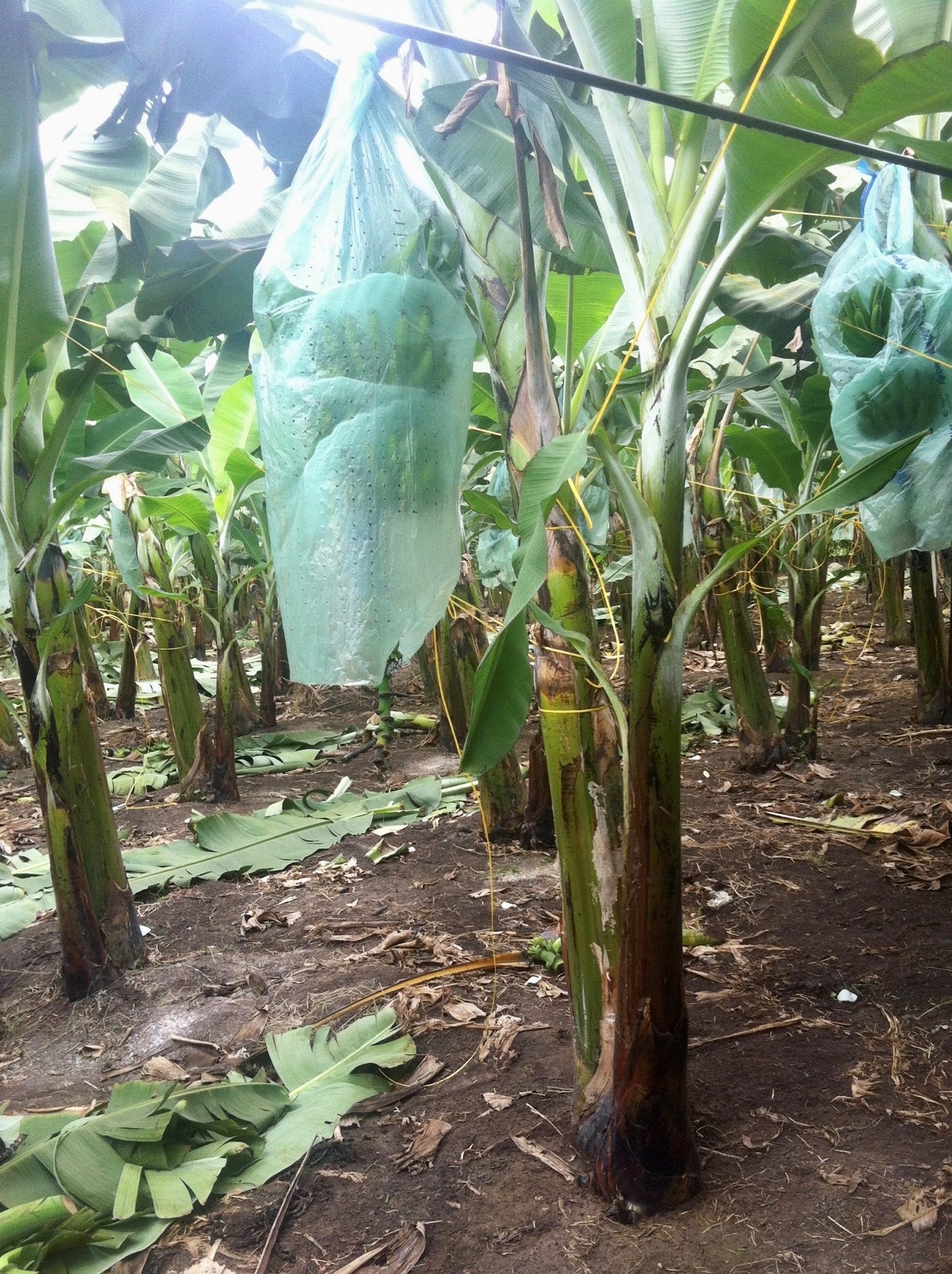
at the beginning of the 20th century, the American author O. Henry (William Sydney Porter) coined the term “banana republic” to describe a Central American country whose economy and politics were heavily dependent on a single crop: bananas. Countries with similar economies were oftentimes dominated, manipulated and economically exploited by large U.S. corporations and, often, by the U.S government .
Gradually, the term banana republic became a derogatory expression in political commentaries to describe certain countries with perceived political-military corruption, widespread poverty and unrest.
Interestingly, today the term is often bandied about in the United States by those who wish to conjure up pejorative images of countries whose governments and policies they do not like or agree with.
But the term and its spin-offs have also been used by Americans to criticize their own government, politicians, and policies.
A 2004 book by Sheldon Rampton and John Stauber accused right-wing “Banana Republicans” of “turning America into a one-party state.”
During the 2013 U.S. debt-ceiling crisis, journalists and pundits were asking if the U.S. was on the verge of becoming a “banana republic.”
After the false claims of a 2020 stolen presidential election and, in particular, after the January 6 insurrection — some call it an attempted coup — Democrats began using the term to compare those events to those occurring in so-called banana republics.
Similarly, in the wake of government investigations into the 45th president’s attempts to prevent a peaceful transfer of power and – even more recently – after the FBI’s search of his Mar-a-Lago residence when it became clear that Trump had absconded with top secret national security documents, Republicans labelled such actions as “gestapo-like” tactics, politically motivated reprisals worthy only of so-called banana republics.
Dario A. Euraque hits the nail on the head. At “Perspectives on History,” he writes that Latin Americanists find banana republic comparisons in the U.S. “galling” because it “draws on a century of stereotypes about Latin America created by the US to serve US interests…”
Setting such political and ideological squabbles aside, the truth of the matter is that there is nothing to scoff at a republic – or a nation with a different form of government — whose economy and people benefit significantly from a single or a couple of strong, plentiful crops, natural resources, or native industries.
Ecuador, the author’s birthplace, could be called a “petroleum republic,” a “shrimp-fish republic,” a “cacao republic,” or a “flower republic,” it can also rightly be called a highly successful banana (producing and exporting) republic.
Ecuador’s vibrant banana industry occupies a prominent place in Ecuador’s economy enabling Ecuador to register a trade surplus of more than $2.87 billion in 2021. The value of Ecuador’s annual banana exports – approaching $4 billion and representing about 4% of the country’s GDP — is only second to the value of petroleum and shrimp exports, making Ecuador the biggest exporter of bananas in the world with a production that is 6% of the world’s total banana production.
The first banana plants (“suckers”) were introduced to what is now Latin America shortly after the discovery of the New World and were soon thriving in the tropical climate and rich soil conditions of the Pacific coast lowlands. Today, bananas — mostly of the Cavendish variety — flourish on approximately 200,000 hectares (nearly half a million acres) of Ecuadorian banana plantations of all sizes. They are owned and operated by 7,000 to 8,000 independent producers – not dominated by large transnational/multinational corporations — and involve some 200 exporting companies, together generating up to two million of direct and indirect jobs for Ecuadorians.
Ecuador has never been a “banana republic” in the stereotype sense of the term. It has met and surpassed the goal set more than 70 years ago by Ecuador’s Minister of Economy, Clemente Yerovi Indaburo, during the presidency of Galo Plaza Lasso, of making Ecuador an extremely successful banana producing country, without the domination by foreign governments or companies.
Ecuador’s disgraced former president Rafael Correa has referred to his own country as a “banana republic.”
It is just as wrong and offensive as another former (U.S.) president calling Haiti, El Salvador and African nations “shithole countries.”
More than a century after its original “coinage,” it is high time to cast the dark connotations attached to the term “banana republic” resolutely into the dustbin of neocolonial history — whether as applied in its original context or as later misused more broadly, yet in an equally pernicious way.
CODA:
I would like to conclude on a lighthearted, personal note.
During a visit to a family banana plantation in Ecuador, I learned and observed many things about the cultivation of bananas. Among them, the fascinating phenomenon that each banana plant produces only one bunch of bananas. After the trunk has fruited, it is cut down to the ground and is replaced by other suckers, or shoots, growing out of the root clump (rhizome) remnants of the old plant. The strongest and healthiest of these shoots are allowed to grow, resulting in the plantation continuously renewing and replacing itself.
Upon my return to the U.S., I promptly tried to emulate the family’s success and was soon the proud owner of a couple of beautiful banana plants.
Eager to illustrate my success, I took and showed off a photo of myself posing with a bunch of bananas on the tree. (Below)

Unfortunately, I had not been sufficiently observant during my visit to the plantation as, somehow, the sparse (locally purchased) bunch of bananas on my tree had “grown” upside down.

So much for starting a “banana republic” on Texas soil.
References:
Exports of Ecuador Bananas Set to Leap
Ecuador: Never a Banana Republic
How did Ecuador become the ‘Banana Republic’? It’s a story of ambition fulfilled
Value of banana exports worldwide in 2021, by country.
















